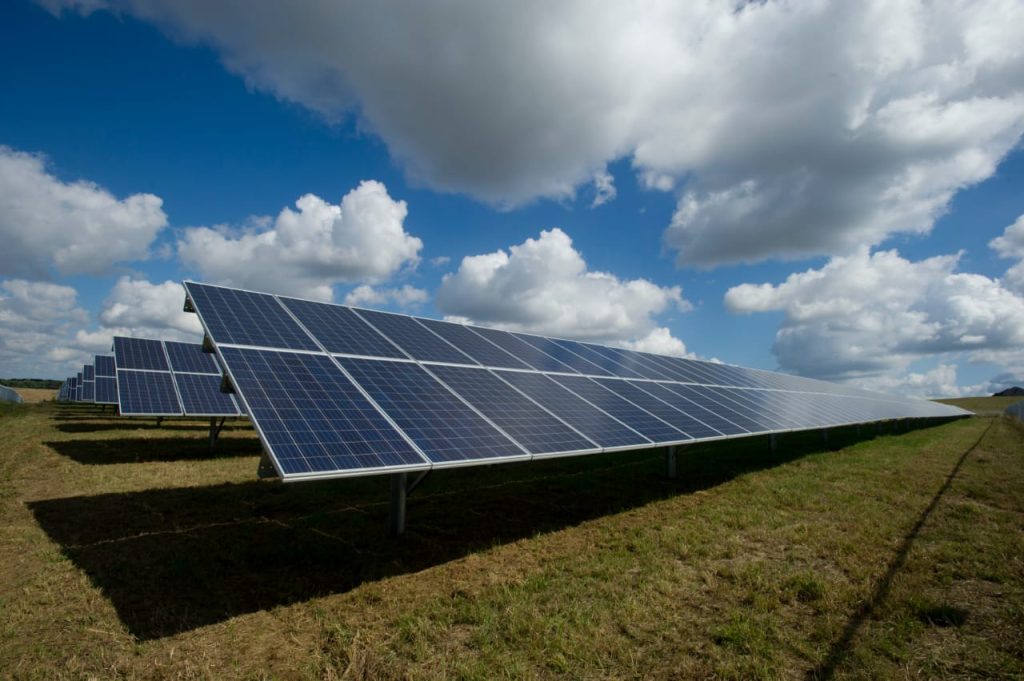
The business landscape is shifting, steering towards sustainability and green energy alternatives. Among these alternatives, commercial solar stands out, serving as a powerhouse that can significantly maximise your Return on Investment (ROI). But how does this happen, and what makes solar energy such a worthy investment?
The Economics of Solar Energy
Before we delve into the nitty-gritty of solar energy’s impact on ROI, it’s essential to grasp the basic economics of solar energy. In its simplest form, a solar energy system involves the installation of solar panels that absorb sunlight and convert it into electricity. This transformation process, known as the photovoltaic effect, is not only sustainable but also incredibly cost-effective. Solar energy, in the long run, reduces your reliance on the grid, bringing down electricity expenses.
Investing in Commercial Solar: An Asset Not a Liability
At first glance, the initial cost of installing a solar system may seem high. However, viewing this expense as an investment rather than a liability can help reframe your perspective. The power of commercial solar lies in its ability to generate continuous and predictable energy, resulting in considerable savings over time. These savings, paired with government incentives and subsidies available for businesses investing in solar power, make commercial solar a worthwhile investment.
Boosting Your ROI with Solar Power
A commercial solar system’s ability to maximise ROI is multifaceted. Here are some key points to consider:
- Reduced Operational Costs: By generating your own electricity, your business becomes less dependent on the power grid. This independence translates into significant savings on electricity bills, lowering operational costs and boosting profits. The bigger your electric usage the more solar panels you should install, you may also need to order 48v inverter to cover all your panels instead of going for multiple lower volts.
- Government Incentives: Numerous incentives and subsidies are available for businesses going solar, further offsetting installation costs and expediting the return on your investment.
- Long-term Financial Stability: With energy prices rising, a solar system can lock in your energy costs, providing financial stability in the long run.
- Increased Property Value: Commercial properties equipped with solar panels often fetch higher market values, representing an added financial gain.
Customer Perception and Brand Image
In the contemporary marketplace, consumers increasingly align with brands that champion environmental sustainability. By investing in commercial solar, your business projects a commitment to renewable energy and ecological responsibility. This positive perception can attract more customers, strengthen your brand image, and, in turn, improve your ROI.
Maintenance and Longevity: A Friend of ROI
Another notable aspect of commercial solar is its low maintenance requirements and impressive longevity. Modern solar panels are built to last, often coming with warranties that last 25 years or more. The longevity of these systems, coupled with minimal maintenance, further amplifies the potential for a maximised ROI.
The Environmental Equation: A Non-Monetary ROI
While this article primarily focuses on the monetary benefits, it’s worth mentioning the non-monetary ROI delivered by commercial solar. The transition to solar power significantly reduces your carbon footprint, contributing to the fight against climate change and promoting a healthier environment. This non-monetary ROI can’t be measured in dollars, but it’s equally, if not more, valuable.
Unlocking the Full Potential of Commercial Solar
Solar for businesses is more than a trend—it’s an investment in the future of your business. With the potential to provide substantial savings, long-term financial stability, and increased brand recognition, solar power can unquestionably maximise your ROI.
In conclusion, the shift towards commercial solar is not just a strategic move for businesses to reduce operational costs and boost ROI. It’s a commitment to sustainable practices that enhance brand image and contribute to environmental preservation.
